A film by Alexandre Koberidze.
[Credits] [Credits] [Tickets & Termine] [Trailer]
A chance encounter at the gates of a school in Kutaisi in Georgia. Lisa and Giorgi bump into each other and a book falls to the ground. Clearly dazed, they arrange a date without even having told each other their names. It is love at first sight and, as if enchanted, things begin to come to life: the surveillance camera becomes an evil eye, the drainpipe an oracle, they close their eyes and – ding! The lovers are cursed, condemned to wake up the next day looking completely different. But it is precisely this supernatural obstacle to them meeting again which becomes their ticket to a world ruled entirely by the magic of the everyday – in all its simple beauty, tender comedy and an enthusiasm for football that infects young and old alike, even the phlegmatic street dog Vardy.
As in Let the Summer Never Come Again, it is the poetry of aimlessness that enables Alexandre Koberidze to make visible and narratable in cinema everything that we rarely perceive in the reality of our everyday lives. Get your lighters out because, as Gianna Nannini is allowed to sing so fervently in this gem of a film, the nights are indeed magical.
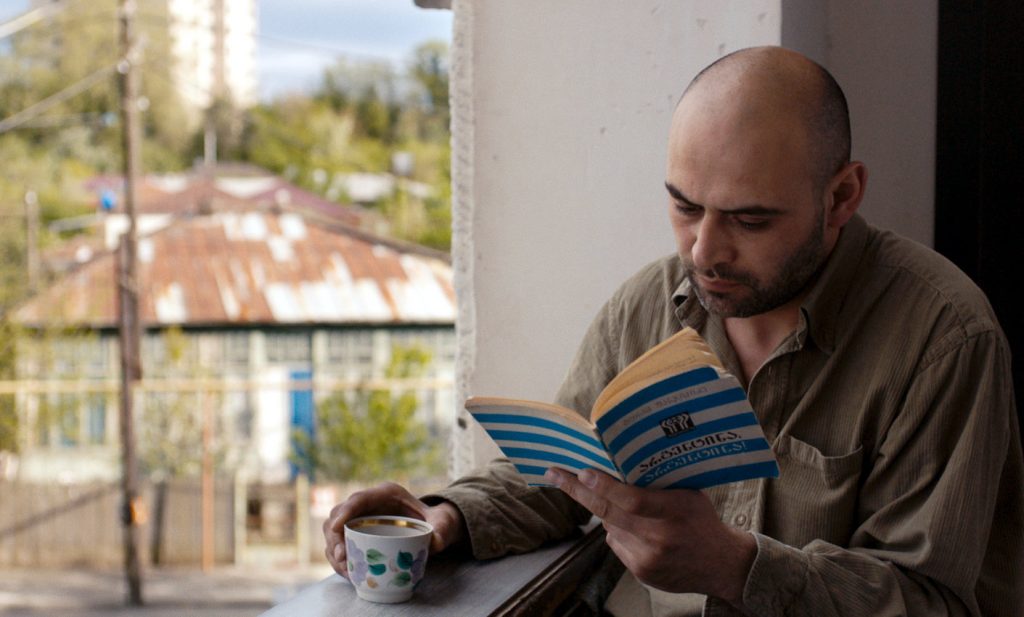

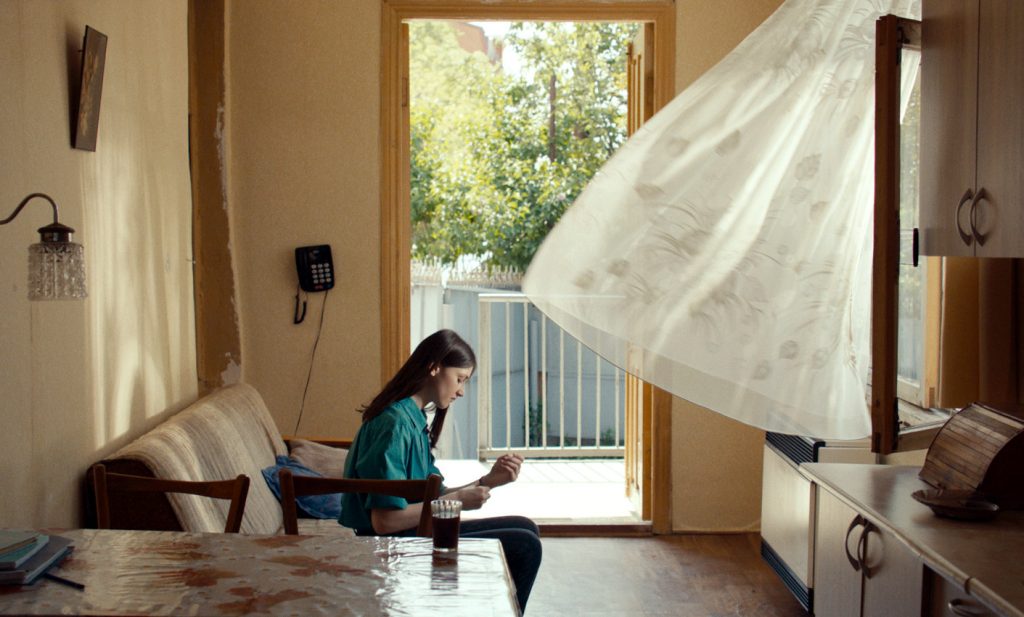
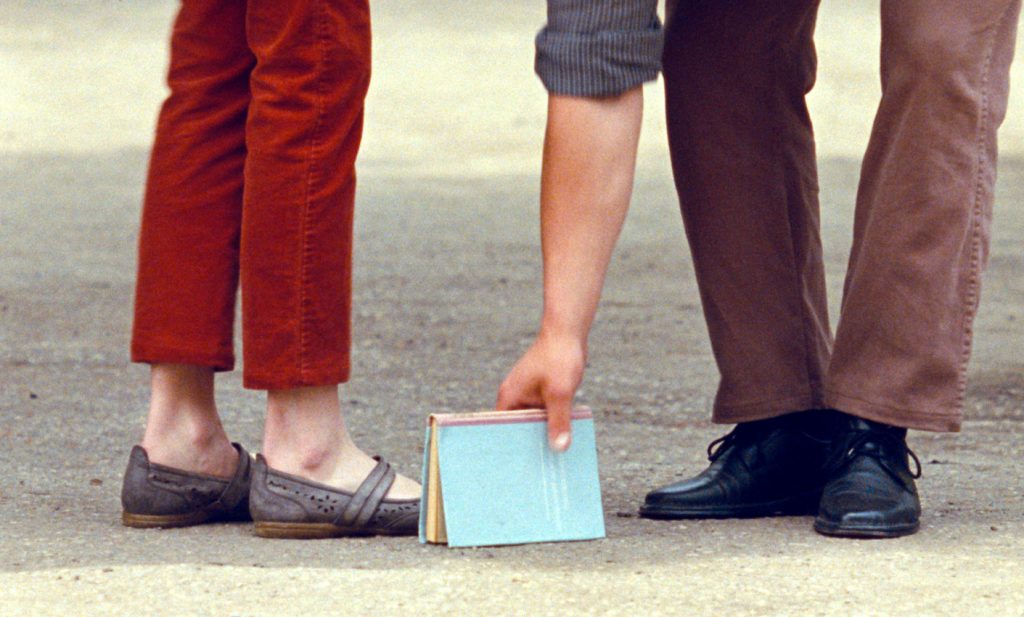
Credits:Ras vkhedavt, rodesac cas vukurebt?
DE/GE 2021, 150 Minuten, georgisch mit dt. Untertiteln,
Regie: Alexandre Koberidze
Kamera: Faraz Fesharaki
Schnitt: Alexandre Koberidze
mit: Ani Karseladze, Giorgi Bochorishvili, Oliko Barbakadze, Giorgi Ambroladze, Vakhtang Panchulidze, Sofio Tchanishvili, Irina Chelidze, David Koberidze, Sofio Sharashidze
Trailer:nach oben
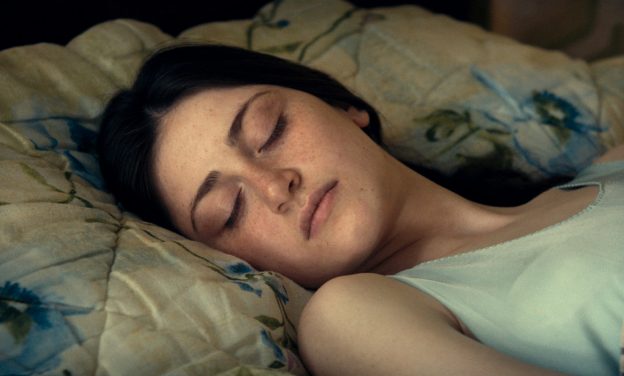
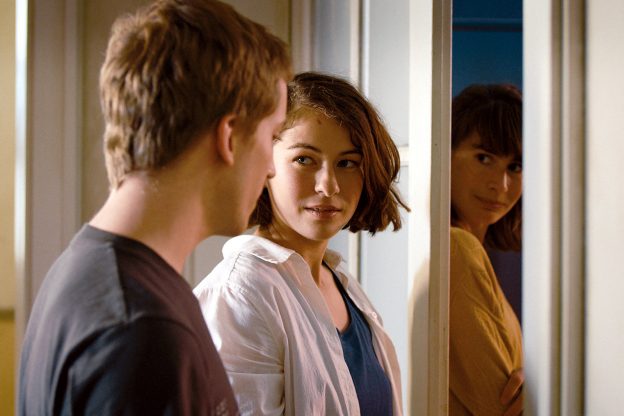

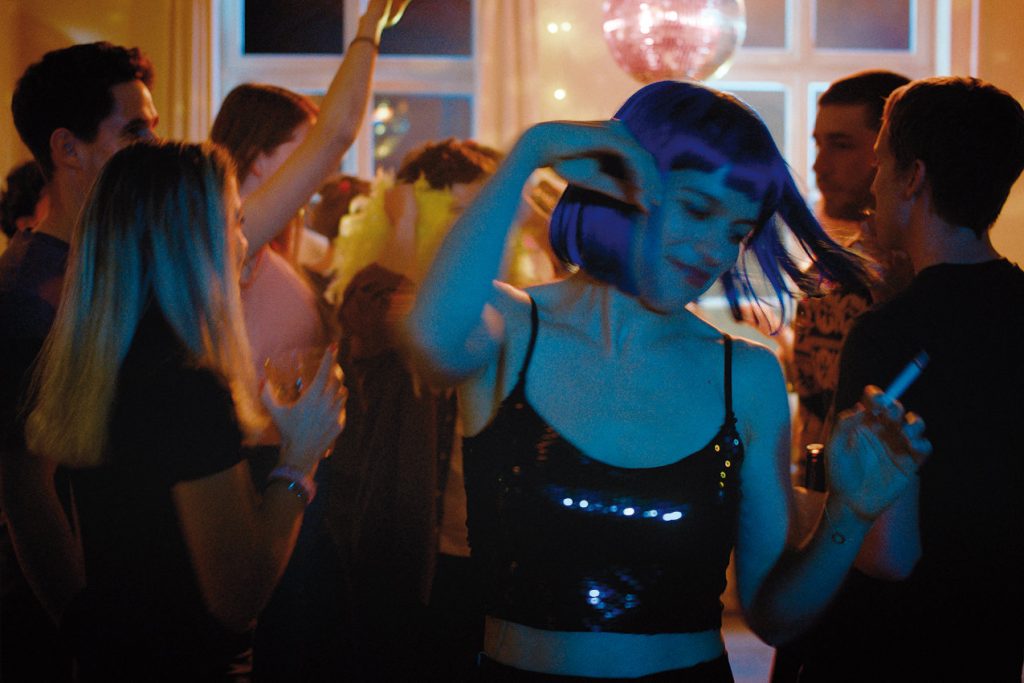
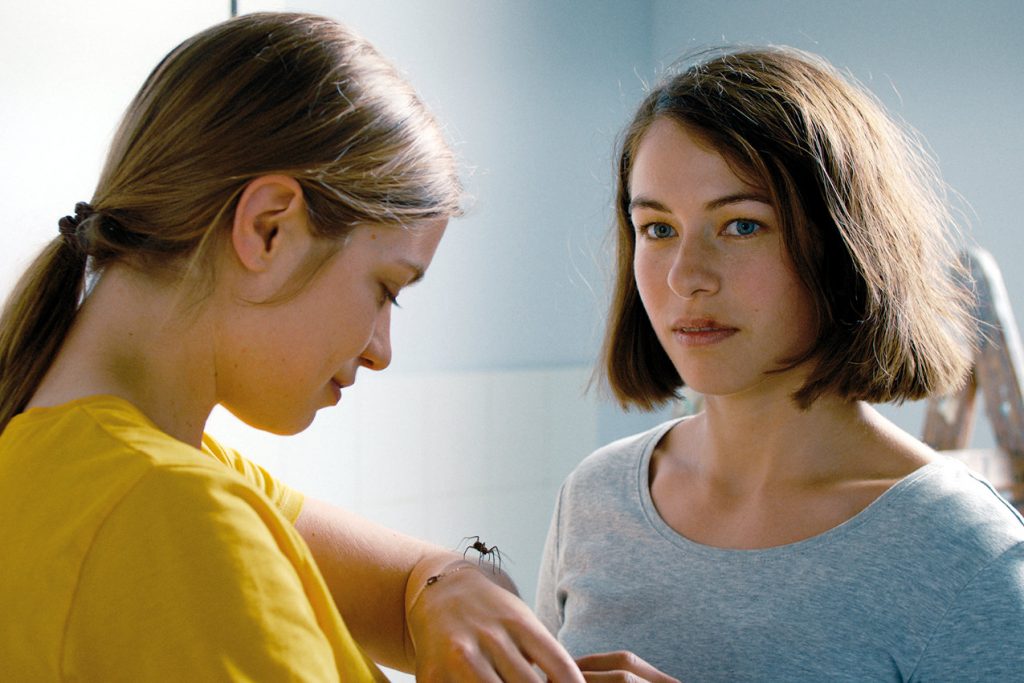
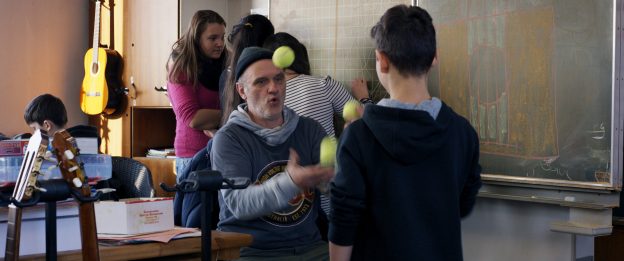
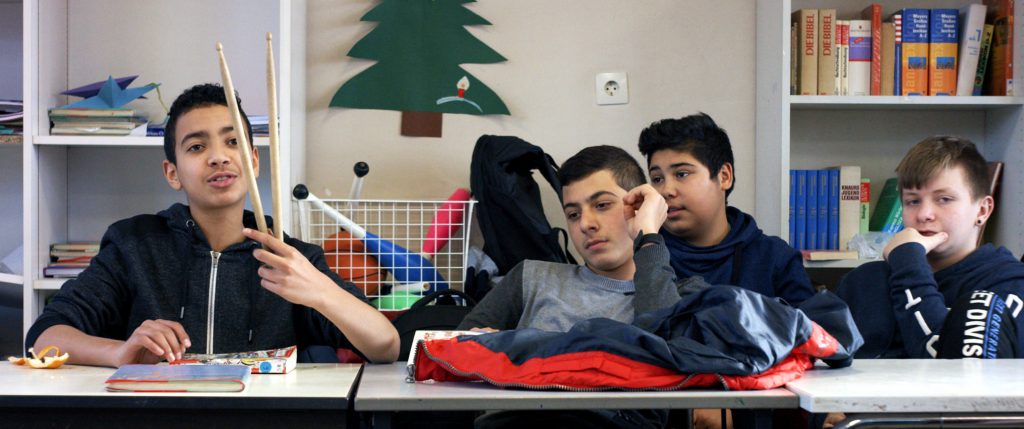

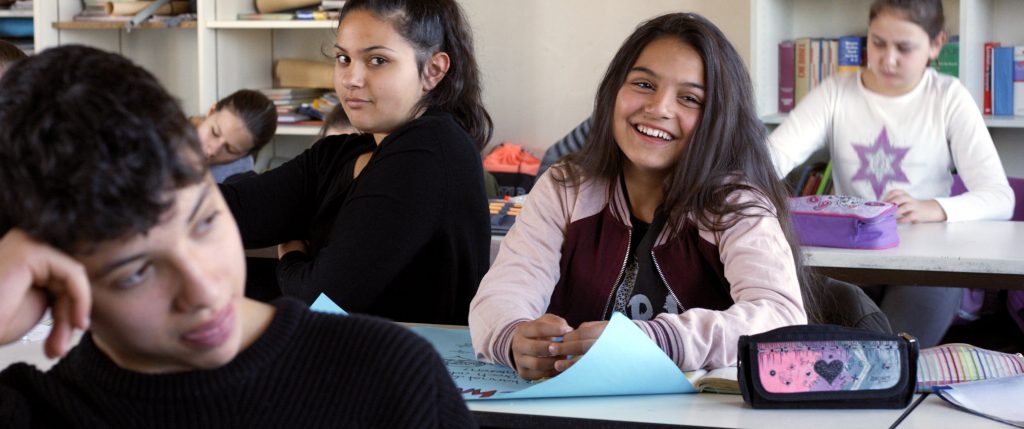
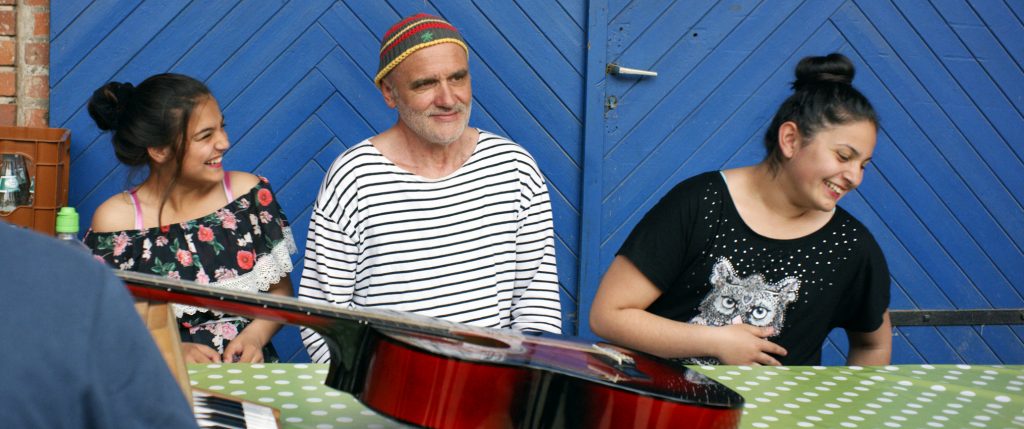
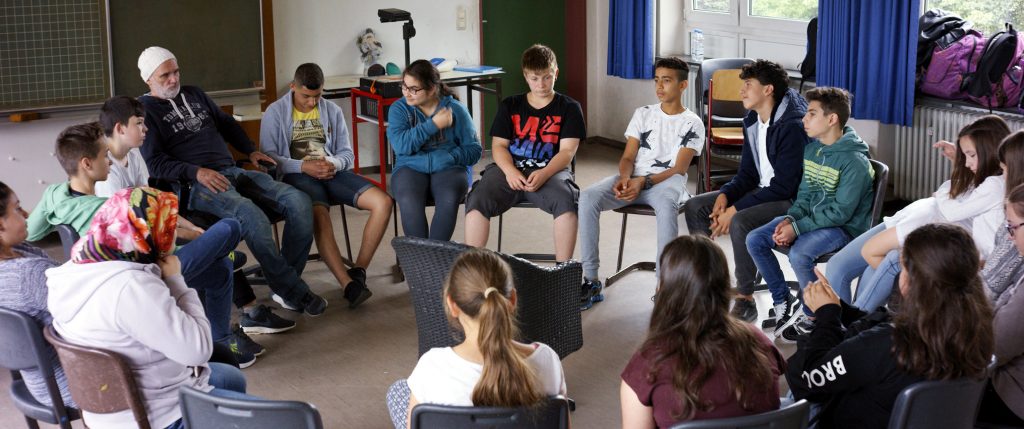
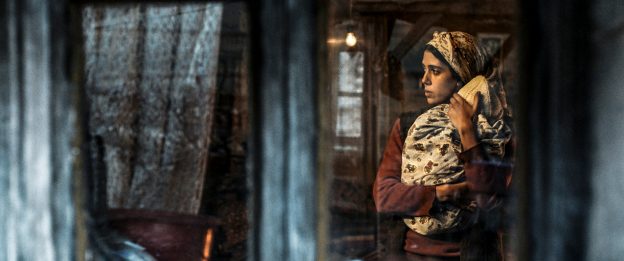

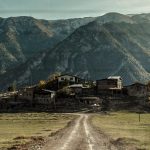

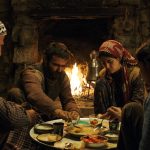
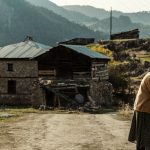
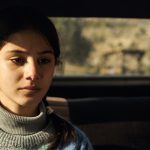
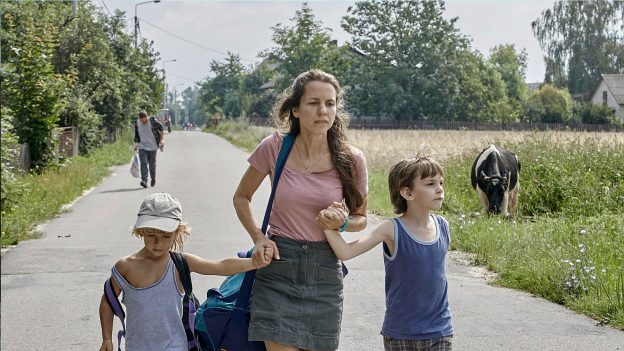
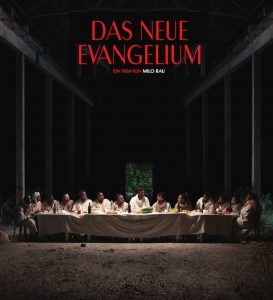
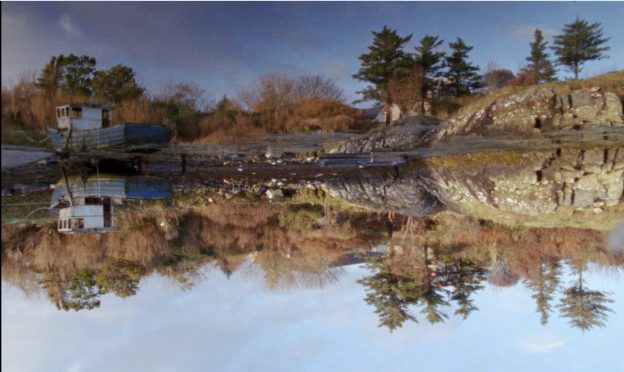

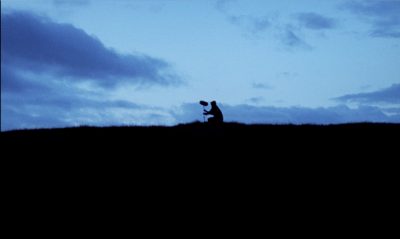

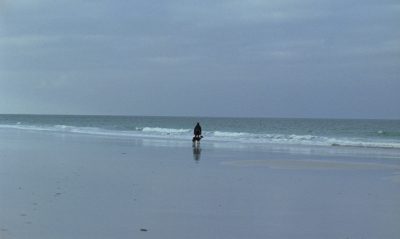







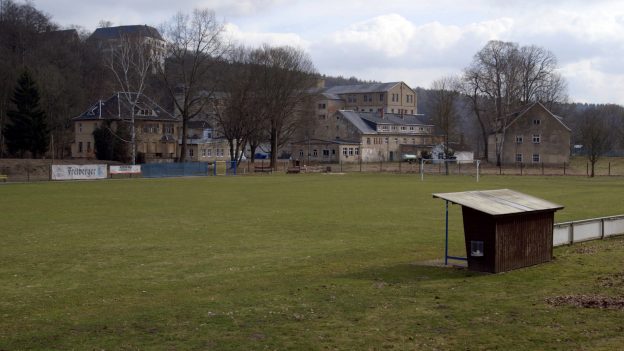








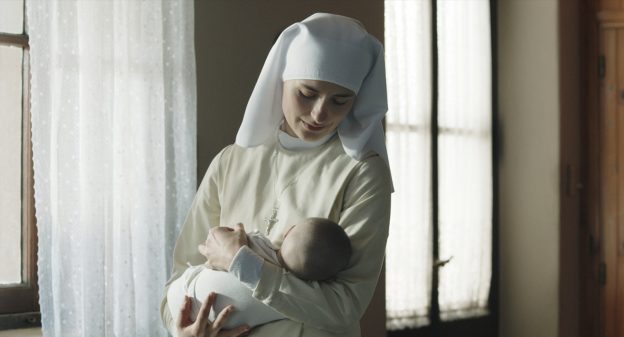
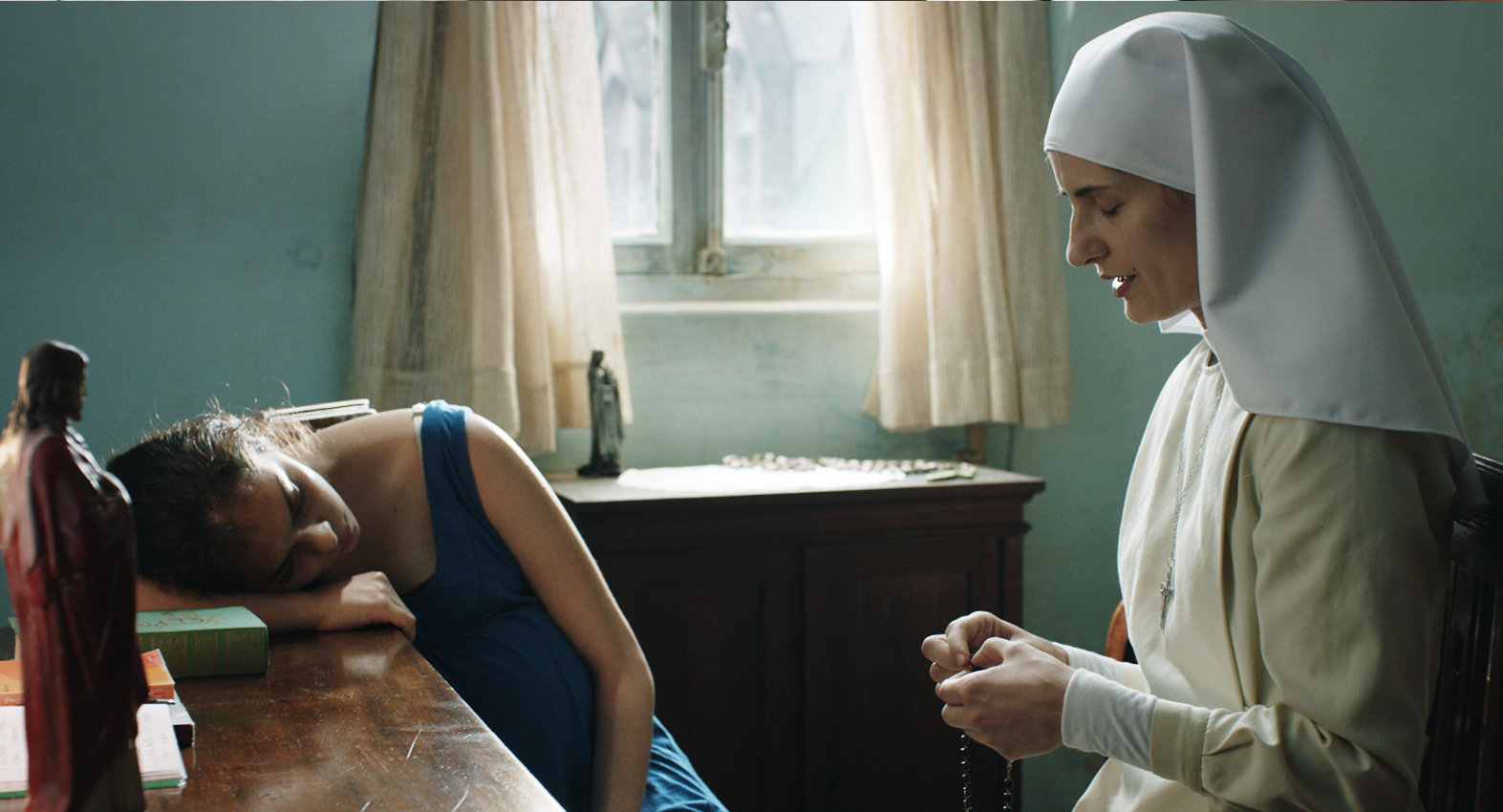
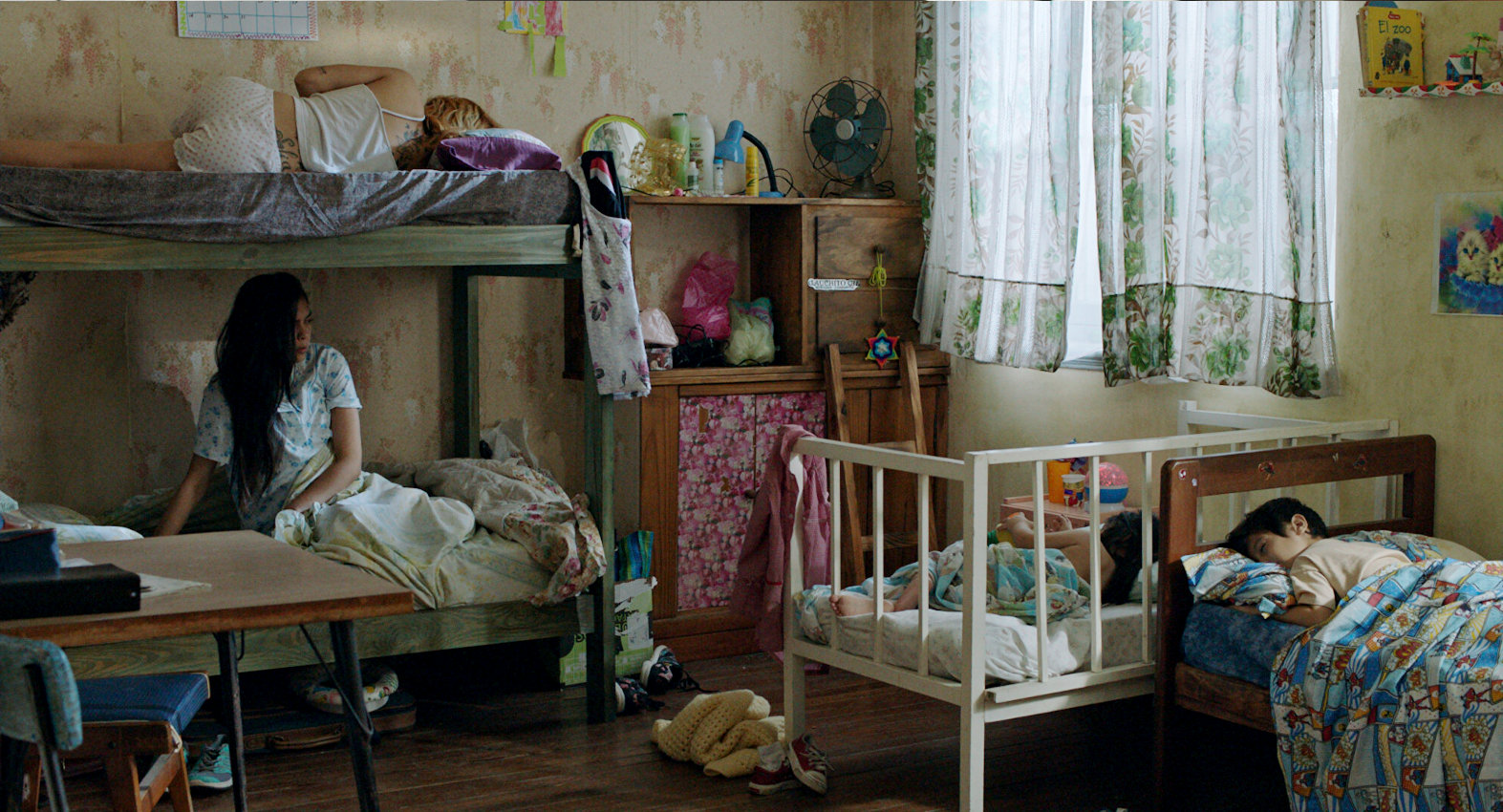
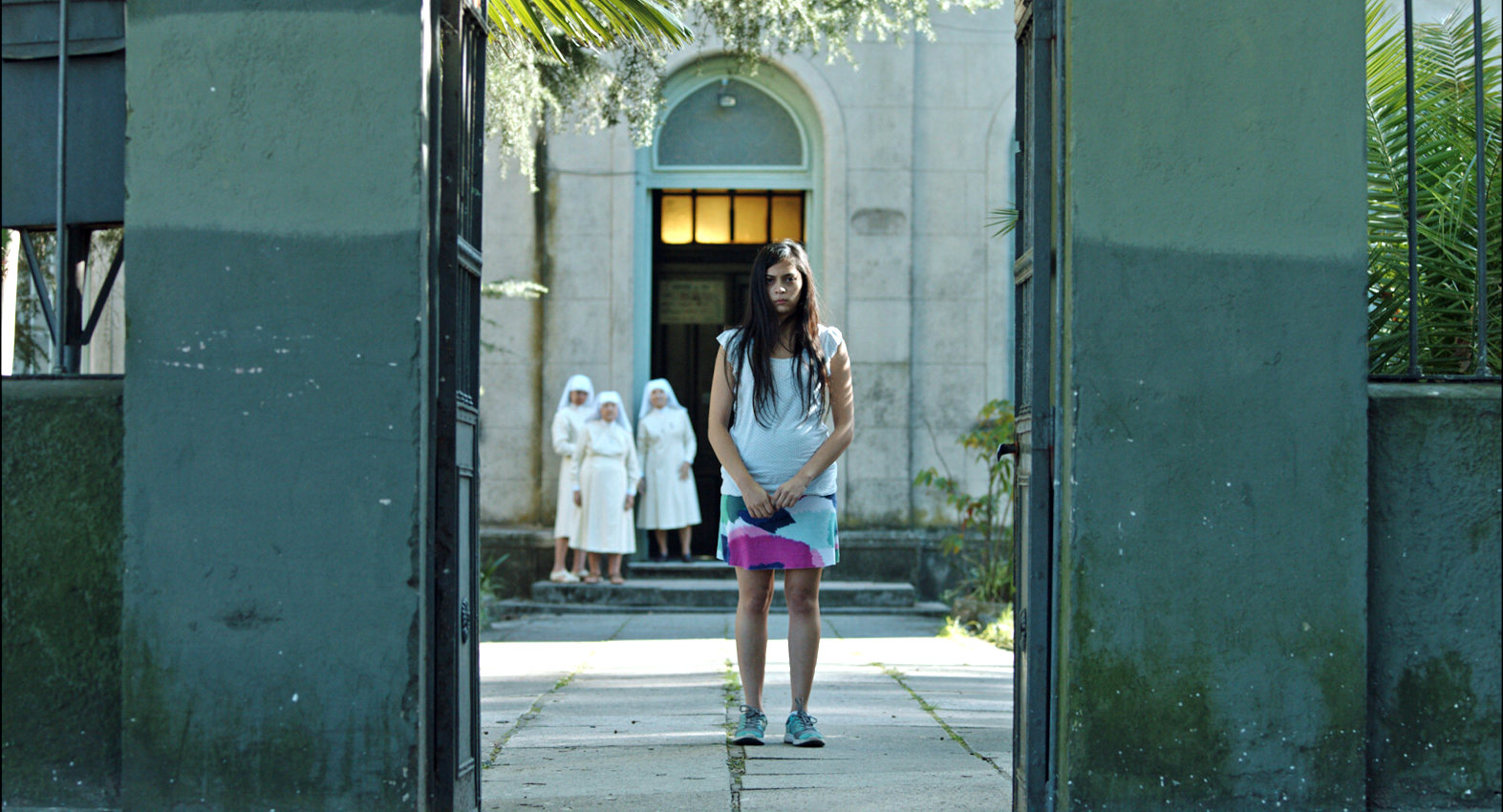
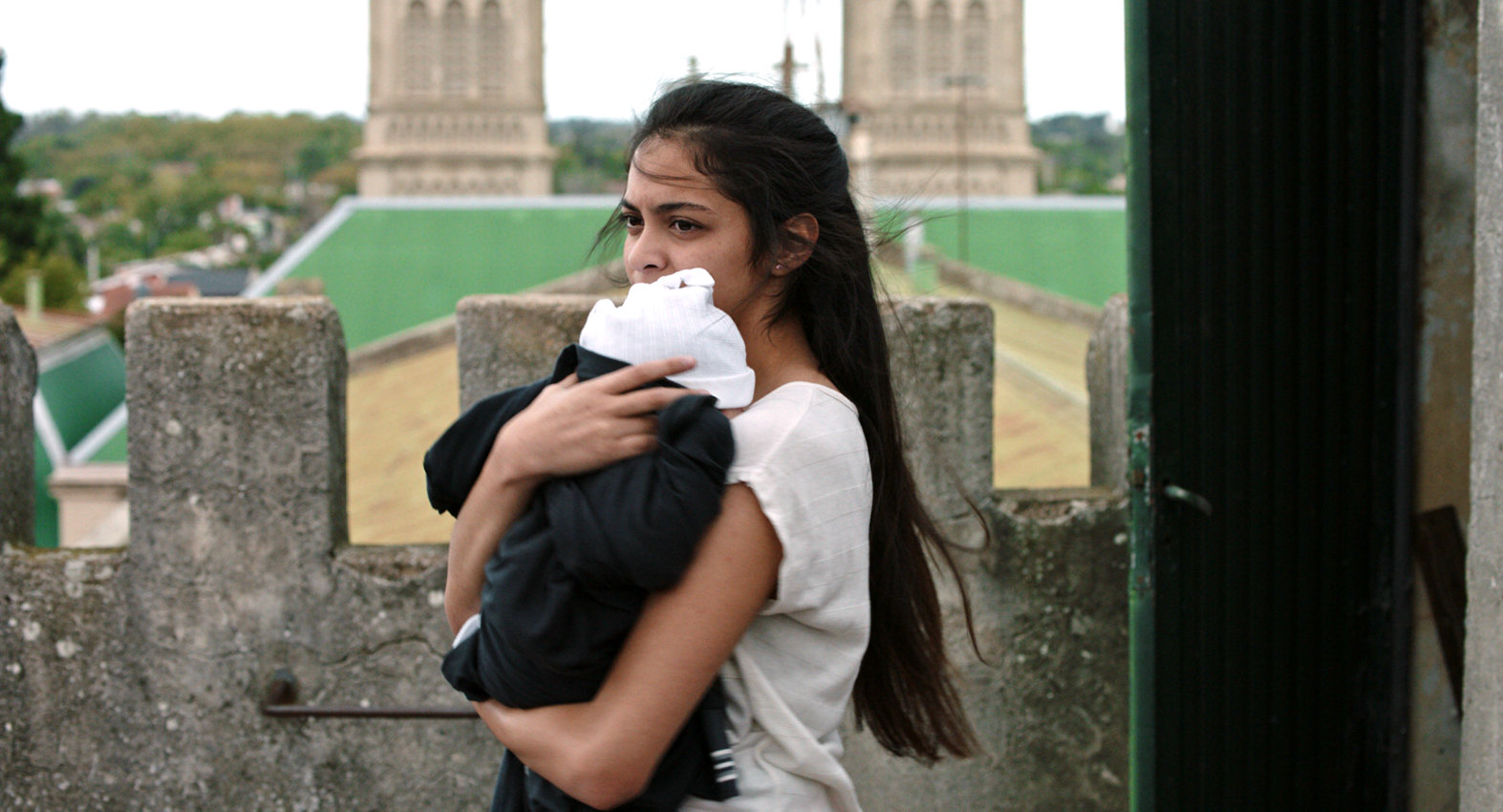

 Deutsch
Deutsch